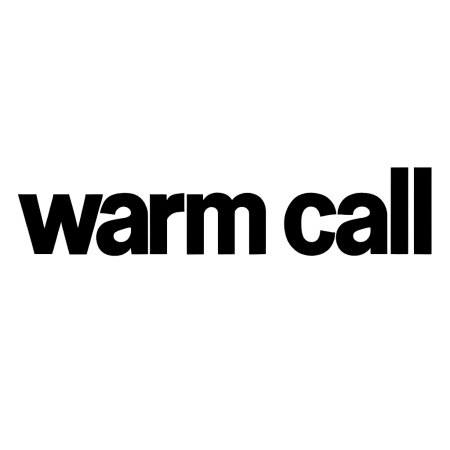Warm calls are much more effective than cold calls. People are more likely to listen. They are less likely to hang up. They are more likely to trust you. This makes it easier to start a conversation. It makes it easier to eventually make a sale.
How It Differs from a Cold Call
A cold call is like knocking on a stranger's door. They don't know you. They don't expect you. They might be annoyed. You have to work very hard to get their attention. You have to build trust from zero.
A warm call is like knocking on a door where someone turkey telegram data is expecting you. Or they know who you are. They are more likely to open the door. They are more willing to listen. The trust is already partly built. This makes the conversation much smoother. It makes the sale much more likely.
Why Warm Calls Are More Effective

Warm calls work better for several reasons.
Built-in Trust: The person already has some reason to trust you. Maybe a mutual friend referred you. Or they saw your helpful content online.
Relevance: They might have shown interest in your product before. Perhaps they downloaded a guide from your website. So, your call is relevant to their needs.
Higher Engagement: They are more likely to stay on the phone. They are more likely to listen to your message. They are more likely to engage in a conversation.
Better Conversion Rates: Because of these factors, warm calls lead to more meetings and more sales. Your effort goes further.
This means you spend less time on unproductive calls. You spend more time talking to real potential customers.
How to Make Your Calls "Warm"
To make a warm call, you need a reason to call. This reason is your connection. It's the "warmth" in the call. This connection can come from many places. It could be a referral from a friend. It could be someone who filled out a form on your website. Or someone who read your blog.
Your job is to find these connections. You need to gather information before you call. This information gives you a reason to talk. It gives you a way to start the conversation naturally. It makes the person feel like you already know something about them.
Referrals: The Best Warm Calls
A referral is when someone you both know tells you to call a person. This is the warmest kind of call. The person you are calling trusts your mutual friend. So, they will likely trust you too. Always ask your happy customers for referrals. They are your best source of new business.
When you call, start by mentioning the person who referred you. For example, "Hi John, Sarah suggested I call you. She thought you might be interested in our new service." This immediately builds trust. It opens the door for a good conversation.
Website Visitors and Content Engagement
Many people visit your website. They read your blog. They download your free guides. These people are already interested in what you do. They are warm leads. When you call them, you have a reason to call. You can mention their visit or download.
For example, "Hi Mary, I saw you downloaded our guide on 'Small Business Marketing Tips.' I was wondering if you found it helpful?" This shows you know who they are. It shows you care about their interests. It's a great way to start a conversation.
Preparing for Your Warm Call
Even with a warm call, preparation is key. You need to know why you are calling. You need to know what you will say. You need to research the person you are calling. The more you know, the better your call will be.
Preparation builds confidence. It makes you sound professional. It helps you handle questions. It helps you make a strong impression. This is true for any call, even for a local business owner in calling a potential customer.
Researching Your Contact
Before you dial, do your homework. Look them up on LinkedIn. Visit their company website. Read any recent articles they've published. Find out what their job is. Find out what their company does. This gives you valuable insights.
For example, if you see they recently launched a new product, you can mention it. "Congratulations on your new product launch! I saw it on LinkedIn." This shows you're paying attention. It makes the call personal and relevant.